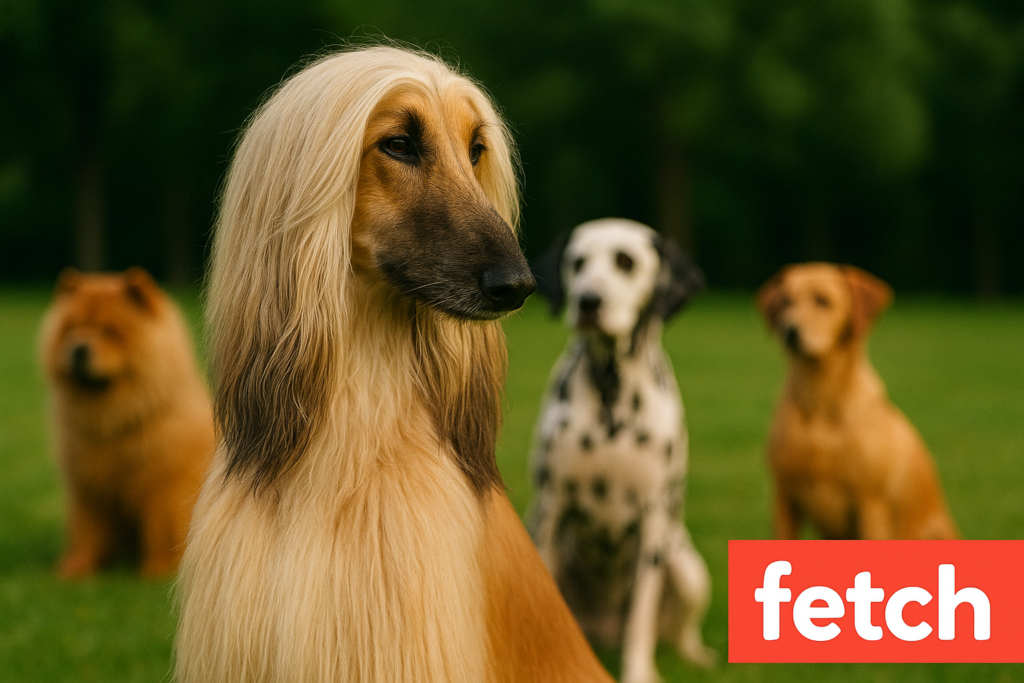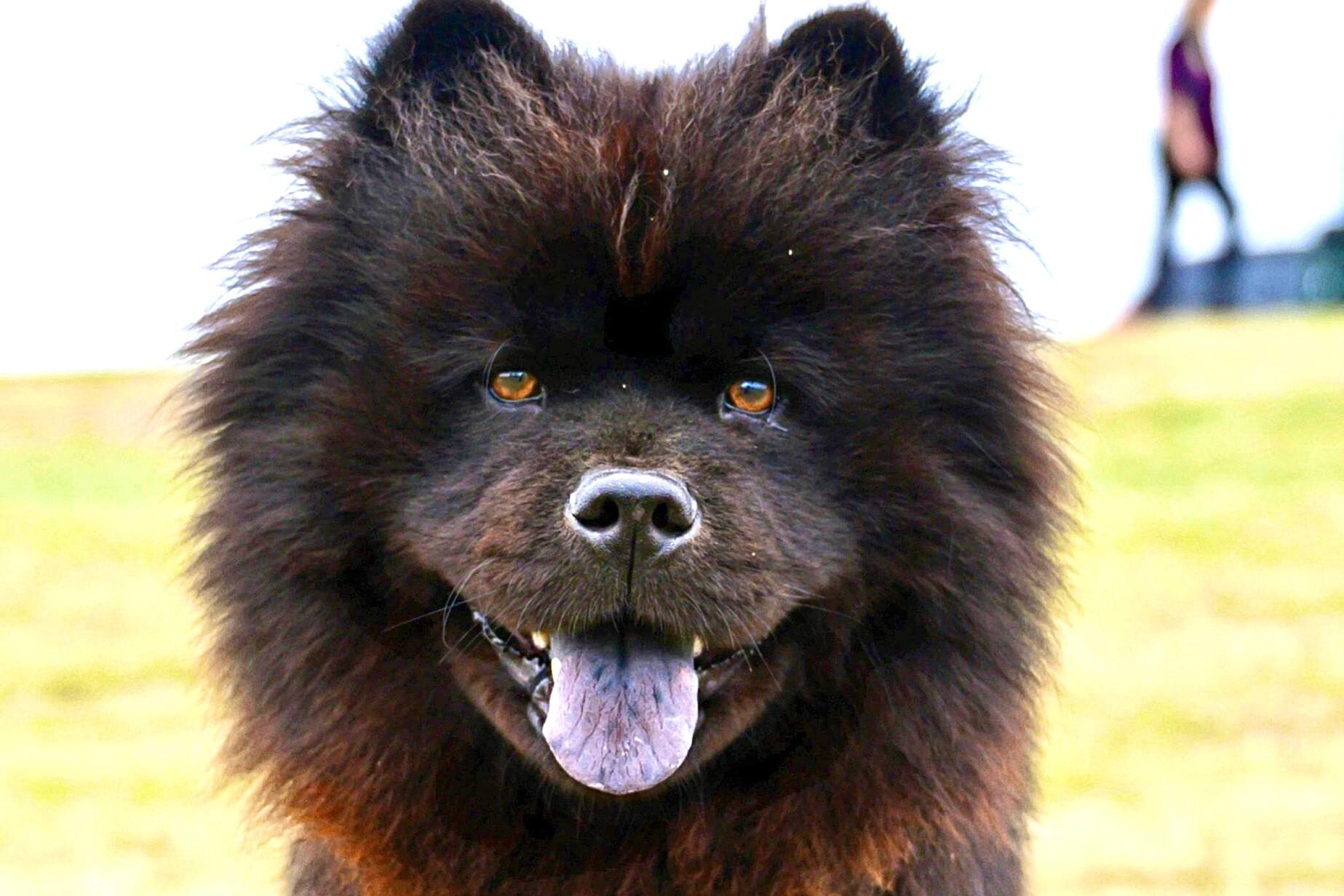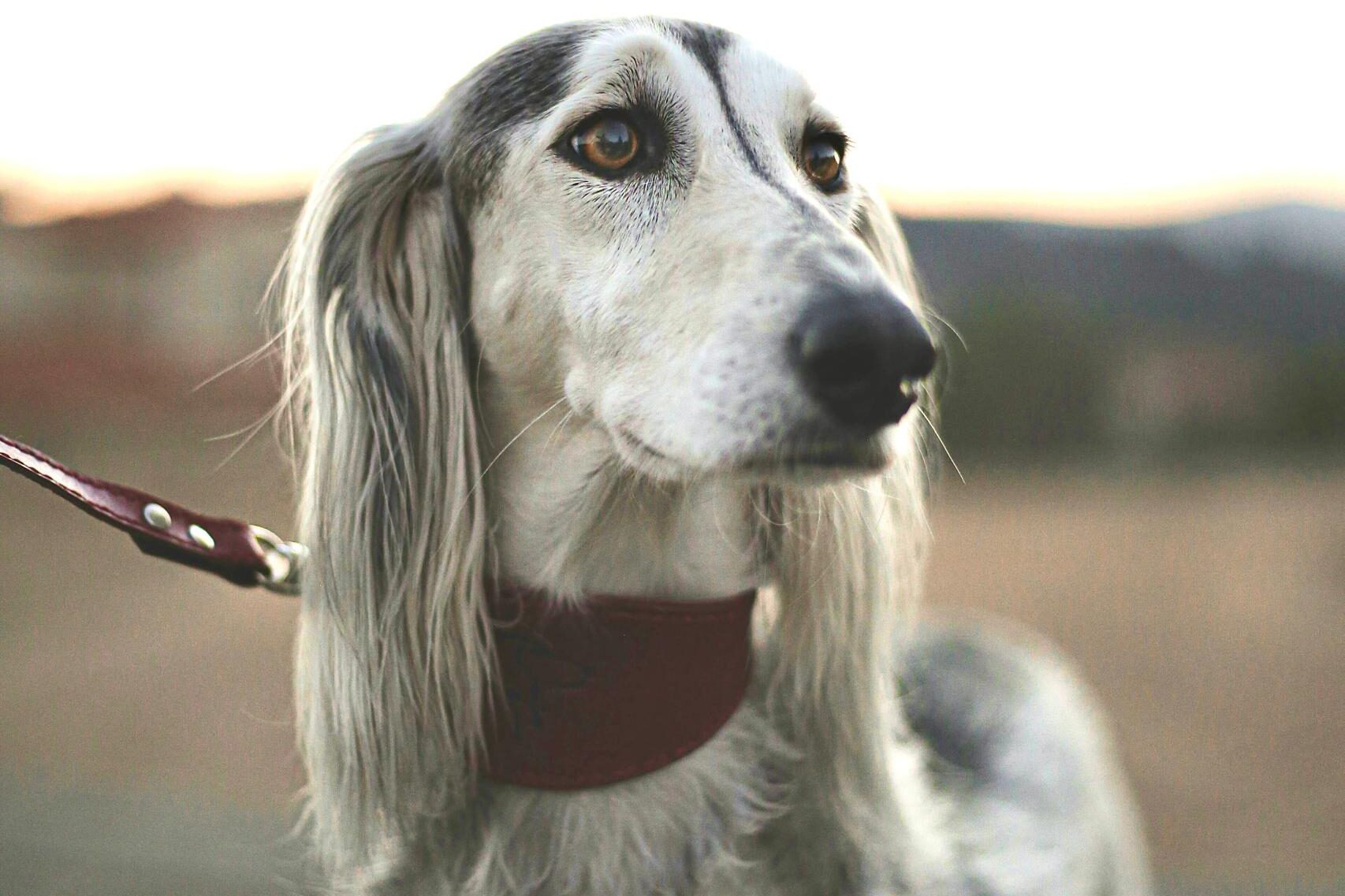1. The Afghan Hound

The Afghan Hound, with its regal appearance and flowing coat, might seem like the perfect addition to a family. However, their independent nature can make them less inclined to engage with children or follow commands. These dogs are known for their aloofness, often preferring solitude over constant interaction. While they are loyal to their owners, their sensitivity to noise and chaos can make them uneasy in bustling households. Families with young children might find it challenging to meet their need for calm and quiet.
Experts note that Afghan Hounds require consistent training and socialization from an early age to adapt to family life. Their high prey drive can also pose a risk to smaller pets, making them less suitable for multi-pet households. Despite their beauty, their temperament leans more toward being a companion for adults rather than a playful family dog. If you’re considering an Afghan Hound, it’s essential to evaluate whether your home environment aligns with their needs.
2. The Chow Chow

Chow Chows are undeniably adorable with their lion-like mane and teddy bear appearance. But beneath that cuddly exterior lies a fiercely independent and stubborn personality. These dogs are known for their strong-willed nature, often making them difficult to train, especially for first-time dog owners. Their loyalty is unmatched, but they tend to bond closely with one person, which can lead to aloofness toward other family members.
Their territorial instincts can also make them wary of strangers and even children, especially if they feel their space is being invaded. Experts emphasize that Chow Chows require a firm and experienced hand in training to ensure they adapt well to family life. Their thick coat also demands regular grooming, which can be time-consuming. While they can be loving companions, their temperament makes them better suited for households without young children or frequent visitors.
3. The Dalmatian

Dalmatians are often associated with family-friendly imagery, thanks to their role in popular culture. However, their high energy levels and need for constant stimulation can be overwhelming for many families. These dogs thrive on physical activity and mental challenges, requiring hours of exercise daily. Without proper outlets for their energy, they can become destructive or develop behavioral issues.
Their strong-willed nature can also make training a challenge, particularly for inexperienced owners. Experts caution that Dalmatians may not be the best fit for families with young children, as their exuberance can lead to accidental knocks or falls. Additionally, their sensitivity to changes in routine can make them prone to anxiety in chaotic households. While they can be loyal and affectionate, their demanding nature requires a dedicated owner who can meet their needs.
4. The Shar-Pei

The Shar-Pei’s wrinkled skin and unique appearance make them a standout breed, but their temperament can be less family-friendly than expected. These dogs are known for their reserved and sometimes aloof nature, often forming strong bonds with one person rather than the entire family. Their sensitivity to loud noises and sudden movements can make them uneasy around children or in busy households.
Experts highlight that Shar-Peis require early socialization to prevent them from becoming overly protective or aggressive. Their independent streak can also make training a challenge, particularly for first-time dog owners. Additionally, their skin folds require regular cleaning to prevent infections, adding to the care they need. While they can be loyal companions, their temperament makes them better suited for quieter, adult-only households.
5. The Akita

Akitas are majestic and loyal dogs, often revered for their protective nature. However, their strong-willed personality and dominance tendencies can make them less suitable for families with children or other pets. These dogs are known for their independence, often making decisions on their own rather than following commands. Their protective instincts can also lead to aggression toward strangers or other animals.
Experts stress that Akitas require consistent training and socialization from an early age to ensure they adapt well to family life. Their size and strength also mean they need an owner who can manage their physical power. While they can be loving and devoted, their temperament makes them better suited for experienced dog owners who can provide the structure and leadership they need.
6. The Basenji

The Basenji, often referred to as the “barkless dog,” might seem like a quiet and low-maintenance breed. However, their vocalizations, which include yodels and howls, can be just as disruptive as barking. These dogs are known for their high energy levels and need for mental stimulation, which can be challenging for families with young children. Their independent nature can also make them less inclined to follow commands or engage in play.
Experts note that Basenjis require consistent training and plenty of exercise to prevent boredom and destructive behavior. Their strong prey drive can also pose a risk to smaller pets. While they can be affectionate and loyal, their temperament makes them better suited for active, adult-only households.
7. The Bullmastiff

Bullmastiffs are gentle giants with a protective nature, but their size and territorial instincts can make them less family-friendly than expected. These dogs are known for their loyalty and calm demeanor, but they can become overly protective of their family and home. Their size and strength also mean they need an owner who can manage their physical power.
Experts emphasize that Bullmastiffs require early socialization to prevent them from becoming overly aggressive toward strangers or other animals. Their calm nature can make them good companions for older children, but their size can be intimidating for younger ones. While they can be loving and devoted, their temperament makes them better suited for experienced dog owners who can provide the structure and leadership they need.
8. The Saluki

Similar to the Afghan hound, Salukis are elegant and graceful dogs, often admired for their speed and beauty. However, their independent nature can make them less inclined to engage with family members or follow commands. These dogs are known for their aloofness, often preferring solitude over constant interaction. Their high prey drive can also pose a risk to smaller pets, making them less suitable for multi-pet households.
Experts note that Salukis require consistent training and socialization from an early age to adapt to family life. Their sensitivity to noise and chaos can make them uneasy in bustling households. While they can be loyal companions, their temperament leans more toward being a companion for adults rather than a playful family dog.
9. The Weimaraner

Weimaraners are known for their striking appearance and boundless energy, but their high energy levels can be overwhelming for many families. These dogs thrive on physical activity and mental challenges, requiring hours of exercise daily. Without proper outlets for their energy, they can become destructive or develop behavioral issues. Their strong-willed nature can also make training a challenge, particularly for inexperienced owners.
Experts caution that Weimaraners may not be the best fit for families with young children, as their exuberance can lead to accidental knocks or falls. Additionally, their sensitivity to changes in routine can make them prone to anxiety in chaotic households. While they can be loyal and affectionate, their demanding nature requires a dedicated owner who can meet their needs.
10. The Rhodesian Ridgeback

Rhodesian Ridgebacks are known for their strength and protective nature, but their size and territorial instincts can make them less family-friendly than expected. These dogs are known for their loyalty and calm demeanor, but they can become overly protective of their family and home. Their size and strength also mean they need an owner who can manage their physical power.
Experts emphasize that Rhodesian Ridgebacks require early socialization to prevent them from becoming overly aggressive toward strangers or other animals. Their calm nature can make them good companions for older children, but their size can be intimidating for younger ones. While they can be loving and devoted, their temperament makes them better suited for experienced dog owners who can provide the structure and leadership they need.


